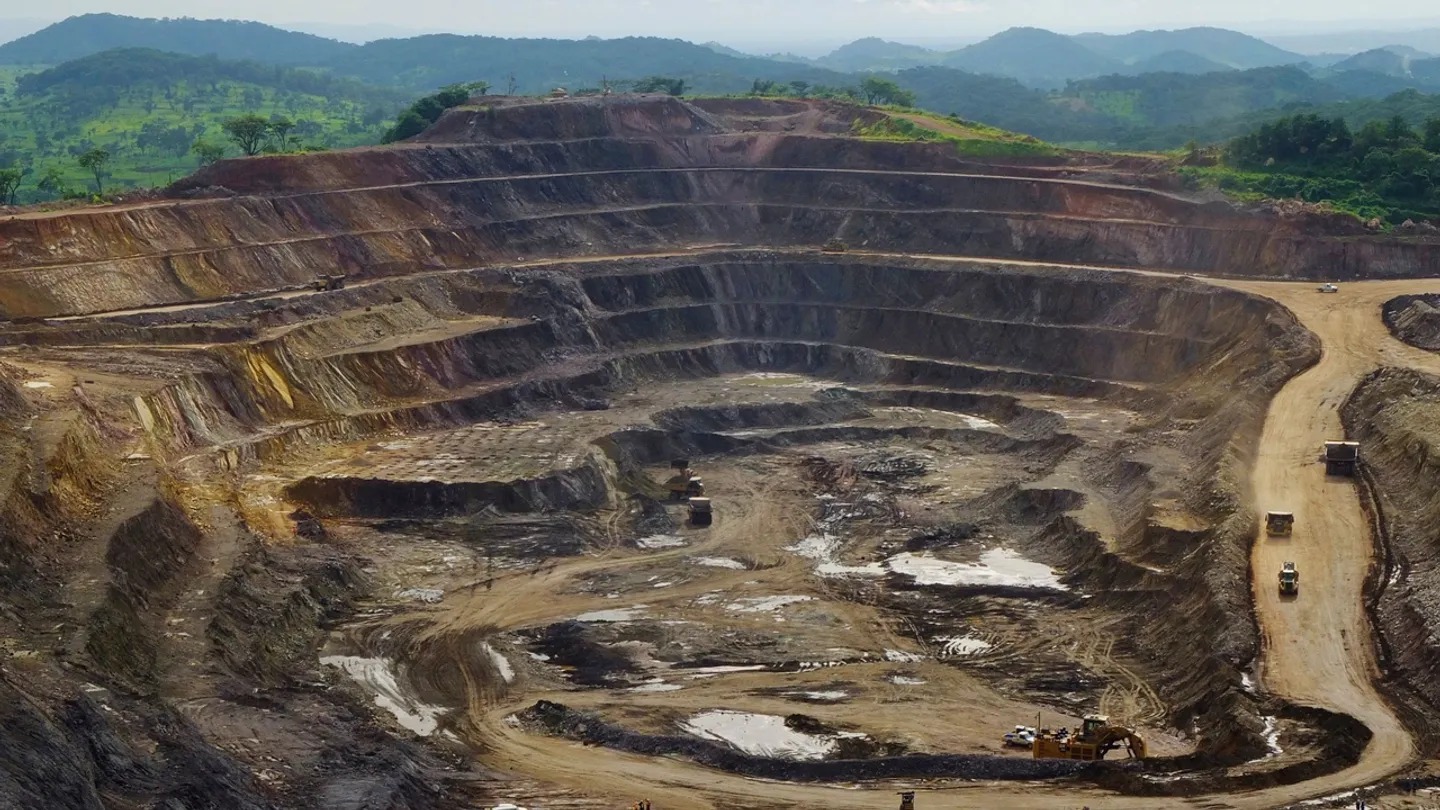
The DRC holds around 72% of global cobalt reserves and supplies over 74% of the world’s cobalt, much of it mined through informal artisanal operations that employ between 1.5 and 2 million people. These unregulated mines, while providing livelihoods for millions, have long faced scrutiny over unsafe conditions and child labour.
Entreprise Générale du Cobalt (EGC), a subsidiary of state-owned miner Gécamines, announced the milestone on Thursday in Kolwezi, the heart of the DRC’s cobalt belt. The company said its traceability model aims to align production with international environmental, social and governance (ESG) standards, ensuring ethical and transparent sourcing.
“The vision is to transform artisanal cobalt into a strategic asset under Congolese control,” said EGC chief executive Eric Kalala. “Every ton purchased by EGC must reflect not only the value of the mineral, but also the dignity of those who extract it.”
The government hopes that by formalising artisanal mining, it can increase transparency, stabilise prices, and attract responsible investment. The DRC introduced export quotas in October, following a temporary export ban, to limit oversupply and encourage local processing through the national regulator ARESCOM.
Global demand for cobalt is projected to rise 40% by 2030, driven by electric vehicles and energy storage, according to the International Energy Agency. With automakers and technology firms under pressure to verify ethical sourcing, traceable cobalt is expected to become increasingly valuable.
EGC plans to expand production beyond the initial 1,000 tons, add refining capacity, and capture a larger share of the artisanal market. The company has not yet disclosed how or where the first batch will be marketed.
